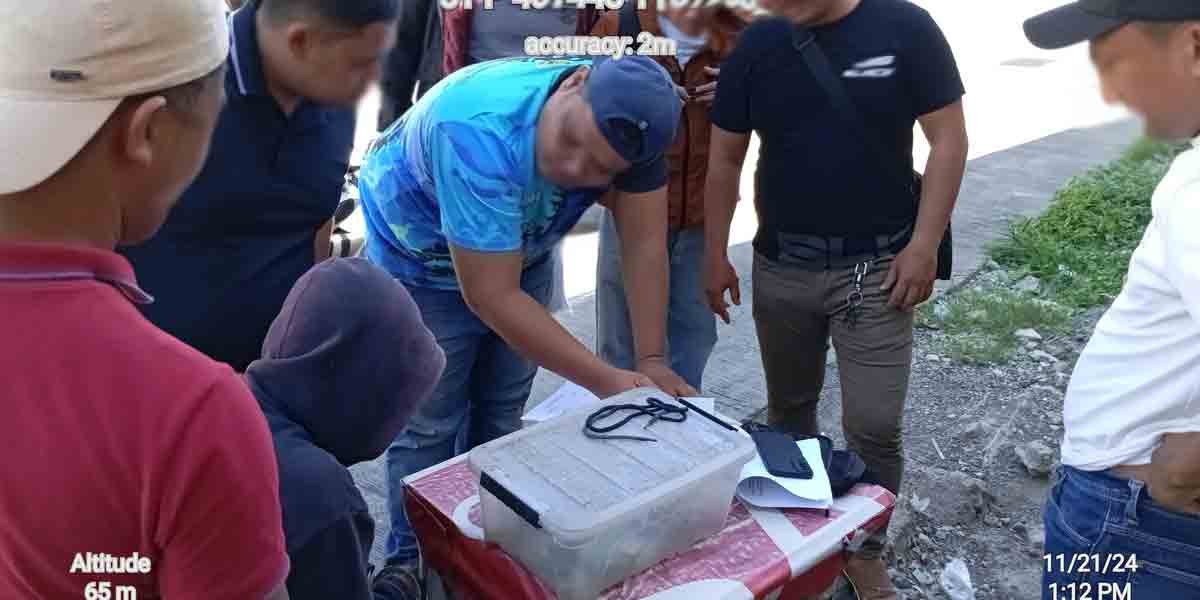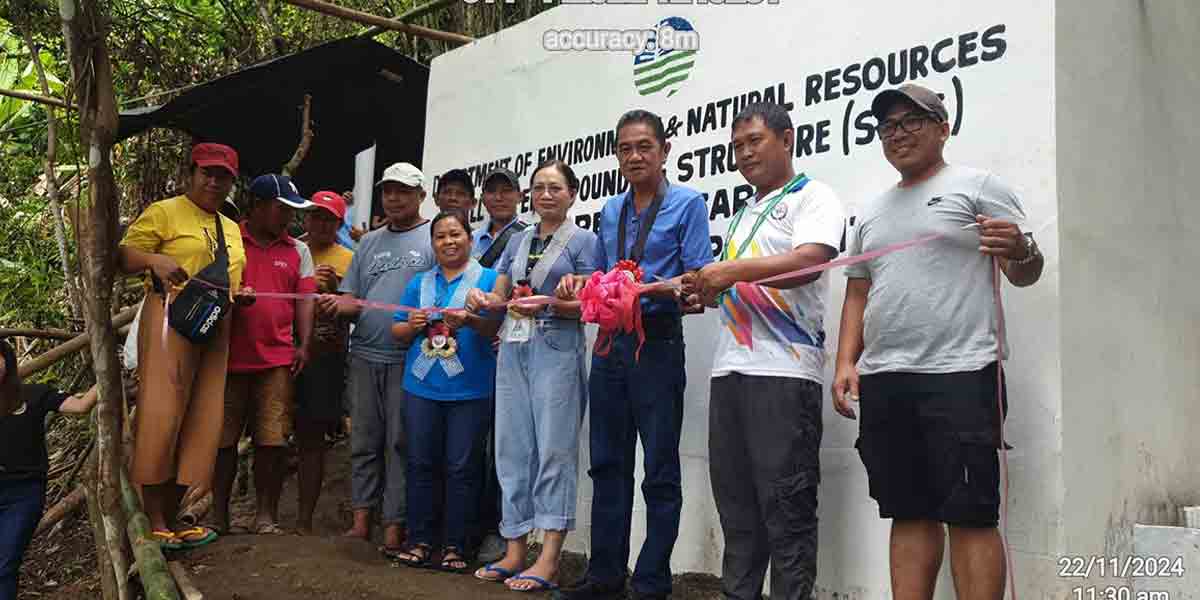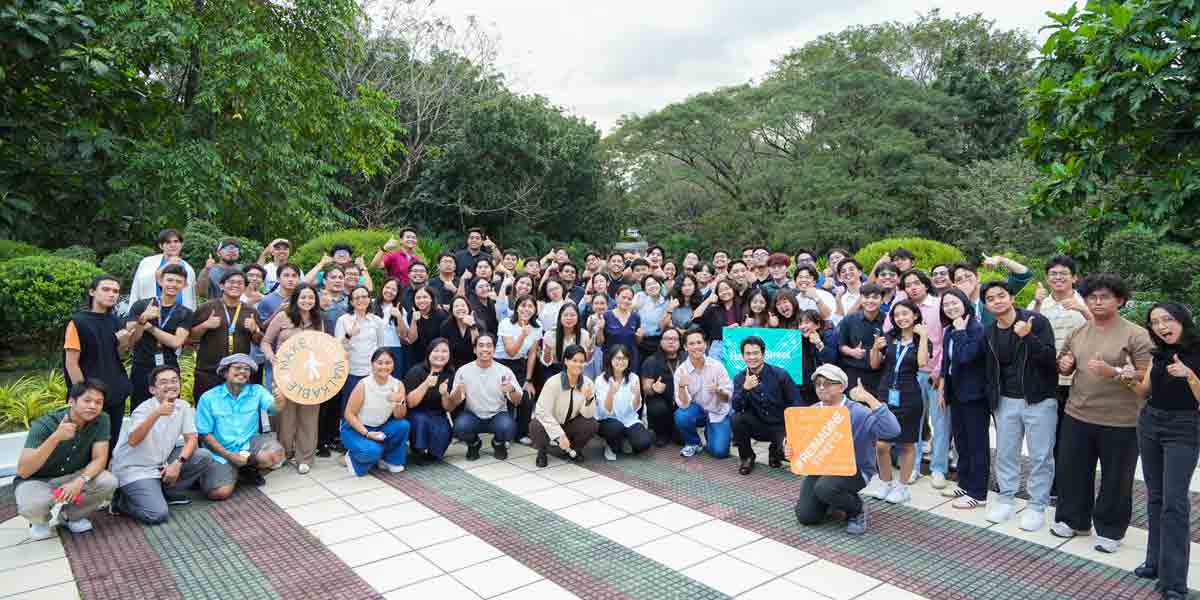The Bangko Sentral ng Pilipinas (BSP) will continue promoting the digitalization of financial products and services in the Philippines as part of its broader efforts to foster a resilient “post-COVID-19 economy”.
“This will usher in a post-COVID-19 economy that is stronger, more technologically advanced, and more inclusive than ever before,” according to BSP Governor Benjamin E. Diokno.
The Governor made this remark during the recent meeting of ACI – The Financial Markets Association, Fund Managers Association of the Philippines, Investment House Association of the Philippines, Money Market Association of the Philippines, National Association of Securities Broker Salesman, Inc., and Trust Officers Association of the Philippines.
Towards this end, the central bank launched the Digital Payments Transformation Roadmap (DPTR) for 2020-2023 last year.
Under the DPTR, the BSP aims to strengthen customer preference for digital payments by converting 50 percent of the total volume of retail payments into digital form, and expanding the number of the financially included to 70 percent of Filipino adults by onboarding them to the formal financial system using payment or transaction accounts.
Through the roadmap, the BSP aims to transform the country into a cash-lite society. Amid the pandemic, the use of digital payments also helped reduce the need for mobility and prevent health risks from face-to-face and over-the-counter financial transactions.
The BSP noted that the value of transactions done through InstaPay expanded by more than 180 percent, and through PESONet, by more than 80 percent in the first seven months of 2021.
The PESONet and InstaPay are two automated clearing houses under the National Retail Payment System. PESONet is a batch electronic fund transfer (EFT) which can be considered as an electronic alternative to the paper-based check system while the InstaPay is a real-time, low value EFT for transaction amounting up to P50,000 and is useful for e-commerce.




















